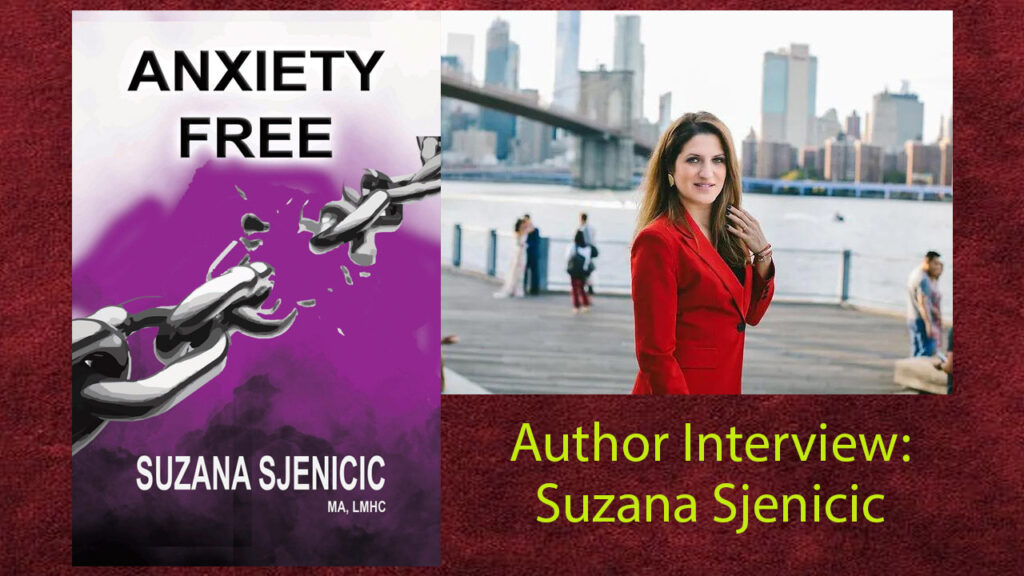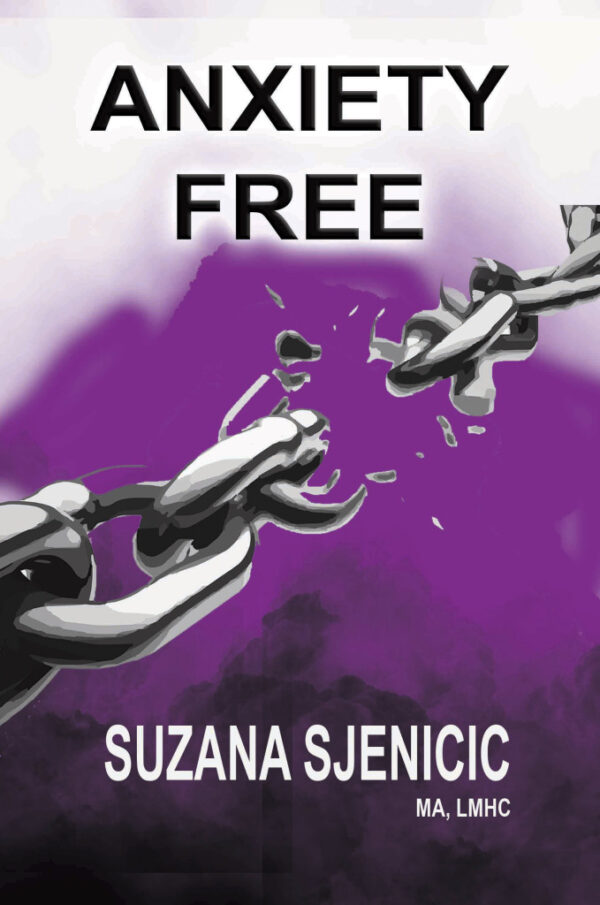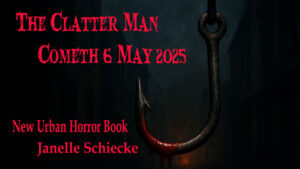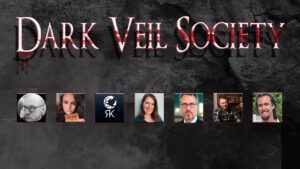
Diving into the labyrinth of the human mind requires not only expertise but also a deep-seated passion for understanding and unraveling its mysteries. Suzana Sjenicic, an accomplished psychotherapist and author, epitomizes this fusion of knowledge and passion in her non-fiction works. Through her insightful writing, she navigates the intricate terrain of anxiety disorders, offering readers not only understanding but also practical tools for coping and healing.
In this exclusive interview with Celenic Earth Publications, Suzana Sjenicic sheds light on her journey into the realm of non-fiction writing, drawing from her rich experiences in psychology and psychotherapy. From her motivations to her research methods, she shares valuable insights into her writing process and the impact she hopes to achieve through her work. Join us as we explore the mind behind “Anxiety Free” and delve into the depths of non-fiction storytelling with Suzana Sjenicic.
1. What motivated you to delve into the realm of non-fiction writing, and how did you transition into this genre from your previous experiences or interests?
Studying psychology and, later on, extensive work with clients led me to take my writing in a different direction. My thoughts about and exploration of the secrets of the human mind slowly found their way into my writing. I started off with articles on various psychology topics until I finally wrote my first book, “Anxiety Free.”
Working with clients in a psychotherapy setting is fascinating and an endless source of information, ideas, and creative and critical thinking. As I worked more with clients who experienced anxiety symptoms while at the same time helping my mother cope with her anxiety diagnosis, I embarked on a journey to make my first book a self-help book, despite always having dreamed of publishing a short story compilation or a novel.
2. Can you describe your research process when working on a non-fiction project? How do you ensure accuracy and credibility in your writing?
Working with clients offers a lot of excellent information, and I have access to first-hand experiences and personal accounts on various topics of interest. Aside from that, having read many psychology textbooks and books, research articles, and having access to the information through continuing education all contribute to my learning, staying up-to-date with the newest information, and ensuring that my writing reflects novelty, information that is accurate and that is confirmed and research-based.
I also like to add my personal opinion on a topic that I am writing about, but I ensure to inform readers of that and present it in such a way that it is supported by useful information that comes either from my work with clients or extensive research and analysis on a topic.
3. What topics or subjects do you find most compelling to explore in your non-fiction work, and why?
Anxiety disorders are a topic that I have been passionate about for many years now. I continue to analyze it further, find innovative ways to approach it in treatment, and brainstorm about ways to present it; therefore, it is always interesting to explore it in writing.
Through writing, I am able to see it from a different perspective, and at the same time, help educate readers about it, and hopefully, give them useful coping tools. I find other psychology and social topics interesting also, and oftentimes, I would engage in sharing my thoughts about them through writing, too.
4. Are there any specific challenges you face when writing non-fiction, and how do you overcome them?
I like to let my creativity flow and use imagination when writing fiction, and that is something that I am unable to fully do when writing about non-fiction topics. Those are usually based in facts, research and in real-life examples, and there is not much room for imagination.
Still, I try to find ways to present information in an interesting manner and to get creative when thinking about examples to bring dry, research-based information closer to readers, for instance.
5. Do you have any favorite non-fiction authors or books that have influenced your own writing style or approach? If so, how?
One of my favorite authors, and someone that I look up to when it comes to psychology, is Dr. Irvin Yalom. He is a psychiatrist who is primarily brilliant in his work in the field, but also a talented writer who actually manages to use non-fiction to write fiction.
What I mean by that is that he uses psychology topics to write novels, and he bases his writing in his experience in work with clients in his psychotherapy practice. I greatly enjoy his writing style and I find inspiration in it, as he manages to make even the non-fiction work as enjoyable as fiction to the reader. His writing voice is very charming and makes reading especially engaging.

6. How do you stay updated with the latest developments and trends in your field of expertise? Do you have any favorite sources or resources that you rely on?
As I mentioned earlier, I am reading psychology books, research articles, and attending seminars, conferences, as well as meetings with colleagues in which we discuss news in the field and exchange experiences and opinions, which I find particularly valuable.
In order to maintain our mental health counseling license, psychotherapists are required to fulfill a certain amount of continuing education hours per licensing period. Therefore, I attend workshops and presentations on topics of interest and always work on expanding my knowledge of a certain area that I am exploring in more depth and of the field in general.
7. Can you share a particularly enlightening or surprising discovery you made while researching for one of your non-fiction projects?
I mentioned imagination and creativity earlier, and one thing that I learned while exploring and learning about anxiety in more depth is that I, as a writer and a psychotherapist, can really do a lot with it in terms of a variety of treatment options.
Anxiety can really be approached from a playful perspective even, and I find that taking the power away from it, and taking the structure away from the treatment and approaches to it in writing, can be a lot more useful to clients and readers alike.
That being said, I was happy to realize that I can have some fun and write from a more relaxed and creative perspective even about a topic that is research-based and serious.
8. What impact do you hope your non-fiction work will have on your readers? Are there any key messages or insights you aim to convey through your writing?
I’m hopeful that my non-fiction writing, especially that on psychology-related topics, will continue to have a positive and educative impact on readers, encourage them to seek treatment if necessary, provide them with tools to help them cope with their symptoms, and most importantly, contribute to breaking of the stigma regarding mental health.
So far, the feedback that I have been getting from the readers has been very positive, and many of them stated that “Anxiety Free” has helped them learn and gain more understanding of their symptoms, which greatly contributed to their reduction, and that it has been serving as their “pocket therapist.”
I am particularly happy that the book found a way to those who don’t have access to psychotherapy treatment for the variety of reasons. I hope that my future writing is going to have similar impact as “Anxiety Free.”
9. How do you maintain a balance between providing factual information and engaging storytelling in your non-fiction writing?
Story-telling is something that I enjoy very much, and I try to embed it in my non-fiction work through use of examples that I try to tell in a fun and engaging way. Even when I write about facts, I focus on elaborating on them through explanations and simple language that brings it closer to the readers.
I’m sure that many readers would prefer to read useful information in a language that is accessible to everyone, regardless of their background, then to struggle through a research article half of which they won’t be able to easily understand.
10. Finally, what advice would you give to aspiring non-fiction writers who are looking to embark on their own writing journeys?
Writing on any topic can be fun and enjoyable as long as the writer is passionate about it and has a lot to say. Enjoy, create, have fun while writing, and don’t write with constrictions; write as if you are the only one who will read that work, and only when you go through the process of editing, you will see that there is not much to edit as you wrote from your heart.
Final Thoughts
As we conclude our enlightening conversation with Suzana Sjenicic, one cannot help but marvel at the intersection of expertise and passion that defines her writing journey. Through her dedication to understanding anxiety disorders and her commitment to destigmatizing mental health, Sjenicic embodies the role of both guide and advocate in her non-fiction works.
Her emphasis on storytelling as a vehicle for delivering factual information resonates deeply, reminding aspiring writers that authenticity and passion are the true cornerstones of impactful writing. In a world where the complexities of the human mind often remain shrouded in misconceptions, Sjenicic’s approach offers a beacon of clarity and empowerment.
As readers journey through the pages of “Anxiety Free” and beyond, they are not merely passive recipients of information but active participants in their own mental well-being. Sjenicic’s words serve as both a source of knowledge and a catalyst for change, inviting us to embrace our vulnerabilities and embark on a path toward healing.
In essence, Suzana Sjenicic’s narrative transcends the boundaries of traditional non-fiction, weaving together threads of empathy, insight, and resilience. Through her writing, she invites us to confront our fears, challenge our assumptions, and ultimately, emerge stronger and more resilient than before. Truly, her work stands as a testament to the transformative power of understanding, compassion, and the unwavering belief in the human capacity for growth and healing.
To delve deeper into the world of anxiety and discover invaluable insights and coping mechanisms, we invite you to purchase Suzana Sjenicic’s book, “Anxiety Free,” available at our online bookstore and through various online distributors like Amazon. Embrace the journey toward mental well-being and let the pages of “Anxiety Free” guide you toward a life of tranquility and resilience.



